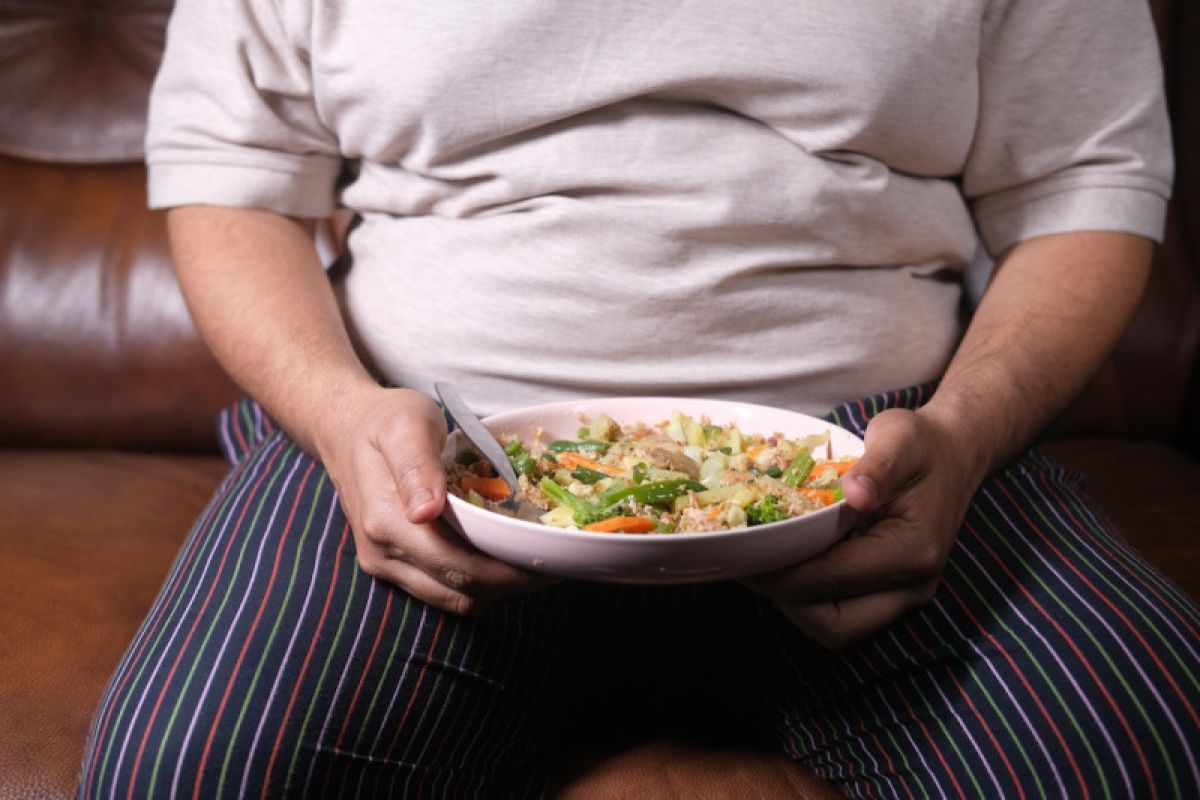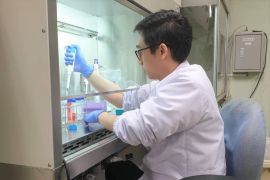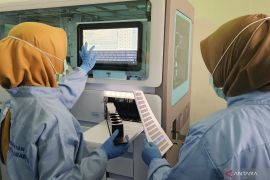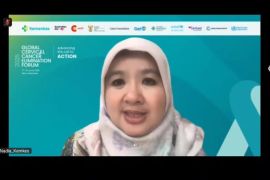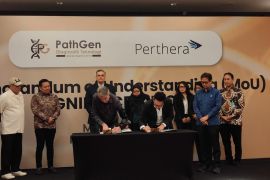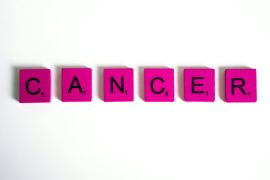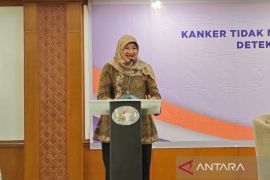"The risk factor for cancer is related to habits, in this case, the environment. What we eat occupies 30 percent of cancer risk factors, even bigger than cigarettes," he informed during a discussion on malnutrition in cancer patients, which was followed from here on Monday.
According to Sudoyo, eating too much can cause obesity or make people overweight and cause the ten most common cancers, including breast cancer.
"The effects of being overweight or obese can cause the 10 most common types of cancer," he stated.
The number of cancer sufferers in Indonesia is increasing and has grown by 50 percent compared to developed countries in the world, he noted.
Based on data from the Global Burden of Cancer Study (Globocan) of the World Health Organization (WHO), the total number of cancer cases in Indonesia reached 396,914 in 2020.
"Because they (developed countries) are better at early detection and preventive measures," he said.
He gave the example of a European country that has put preventive measures in place under the Beating Cancer Plan through the integration of nutrition nurses.
"The first is to periodically monitor nutrition, to find out whether the patient is malnourished or not. The second is educating health workers regarding nutritional care itself, and the third is including nutrition as a treatment for cancer patients," Sudoyo said.
However, nutritional care for cancer patients in Indonesia is regrettably not given much attention, even though nutrition is very important in cancer treatment from early to late life, he added.
"In Indonesia, nothing is structured like this, that hospitals have a special team to monitor the nutrition of cancer patients. This is what we still have to fight for," he said.
The medical oncology hematology consultant further said that the WHO, through the Union for International Cancer Control (UICC), has said that every individual has the right to obtain data on community diseases.
"The public also has the right to have access to early detection and diagnosis. They have the right to get timely and effective treatment, including the right to get palliative care and supportive services," he added.
These supportive services include services from the initial diagnosis, and treatment, to the end of treatment, including services to prevent secondary cancer where the patient may be at risk of getting cancer again.
Related news: Early detection effective to prevent risk of developing breast cancer
Related news: Awareness of risk factors can help catch ovarian cancer early: doctor
Translator: Fitra Ashari, Katriana
Editor: Rahmad Nasution
Copyright © ANTARA 2022
